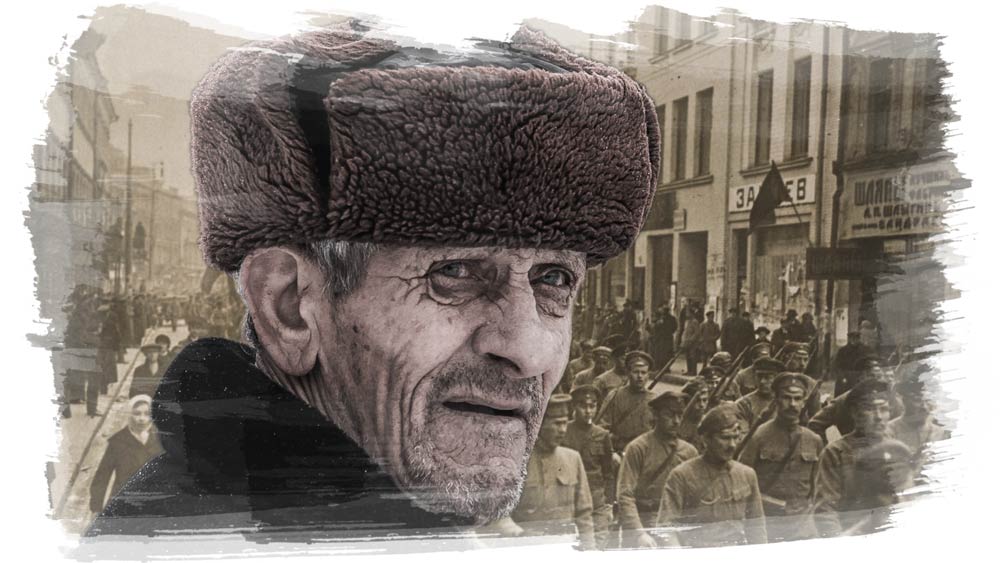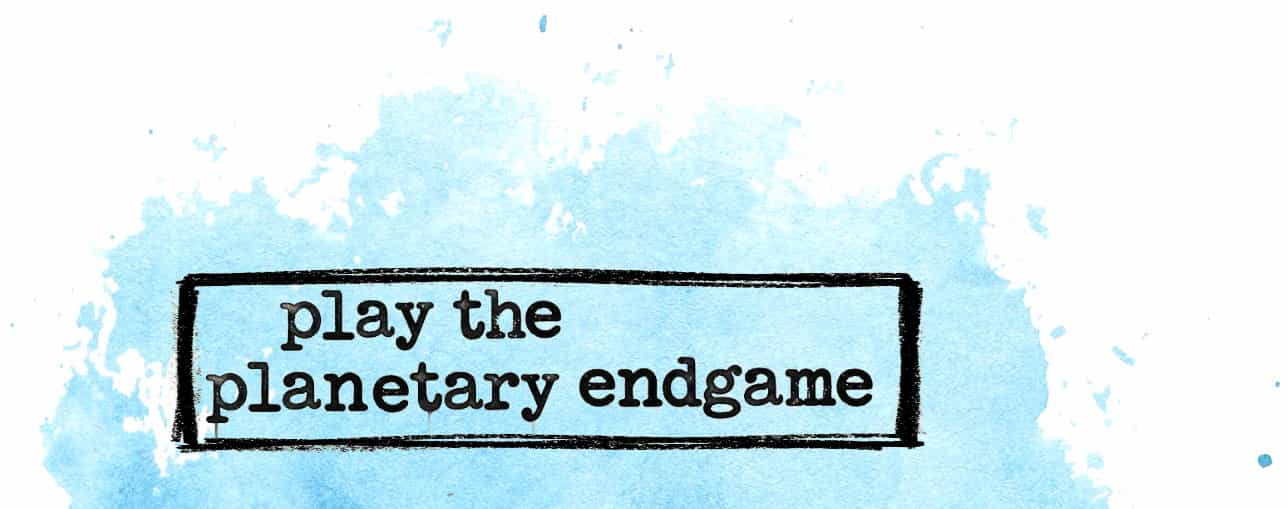Flames of Renewal - Part 3


As for circumstances. When mismanagement and corruption lead states into ruin; when the many are immiserated for the benefit of the luxuriant few; when the multitudes are treated not with basic dignity, but like swine at slaughter — first, a warning; then, with trepidation, a call to arms. When censorship moulds reality, and muzzles the mouth of truth; when dissent and criticism are met with cruel repression; when speech cannot be free for fear of the worst — first, a warning; then, a call to arms. When famine and disease ravage the bodies of the neglected; when the only dependable shelter lies within a crowded jail cell; when money can purchase food for no mouths but the grave’s — first, a warning; then, a call to arms. When conquerors invade under pretext of slavery; when backs bend under the yoke of servitude — first, a warning; then, a call to arms. When parents fear for their children’s safety; children, for their parents’ survival; and each generation buries the other — then, a call to arms. When power is arbitrary; and barbarism, rampant — then, a call to arms. When death is the reigning principle — then, a call to arms. When all else leads towards extinction — then …? That time may yet come to pass. For now, let’s leave arms aside. Let’s first take up placards, and advance the cause of our survival with the non-violent politics of persuasion.

For the true power of revolution lies not in its violence, but in its ideas. The realm of ideas is where revolutions endure as affirmations of humanity’s compassion for its best parts, and of its desire to humbly improve the world in which it finds itself living. Violence alone does not make for lasting political power. James Madison claimed that all political authority is based on popular assent — “that all governments rest on opinion.” It is in revolutions’ appeal to that all-important arbiter — the opinion, the ideals, the beliefs of the many — that they gain traction: as forces of change for today, for tomorrow, and (it must sometimes be admitted) for far-off, distant days better suited to take up today’s precocious aims.
Out of revolutions may come, to borrow from a tale of two sympathies, the best or worst of times, ages of wisdom or foolishness, seasons of light or darkness, springs of hope, or winters of despair. Yet so may these mixed outcomes arise even in the absence of revolution. Misery needs no pretext to wreak its worst; tyranny, no special moment. It is seldom easy to judge whether the unacknowledged suffering, or the suffering that revolutionary violence can precipitate, exacts the greatest toll. “The Tsarist oppression was severe. The Tsarist regime was unjust. The [Russian] Revolution was because of very good reasons. And,” said historian Stephen Kotkin (biographer of Stalin, himself no proponent of the Soviet era, and certainly no apologist for Stalinist excesses), “thank God they overthrew the Tsarist regime.” Though, for all this, the “shards of the old regime [became] the building blocks of the new regime.” May this last serve as an enduring lesson and warning for all revolutions to come.

As for revolutions to come. Is the glorious sun of a new Spring of Nations, one hundred and seventy–odd years in its redemptive rise, to shed its renewing light on the prevailing winter of darkness and discontent? Then, the year of the Common Era one thousand eight hundred and forty-eight, was a time when liberal democracy was a cause that gripped aristocratic Europe with revolutionary fury. The Communist Manifesto had been published in the month of February; peasants and workers and bourgeois alike were beginning to agitate; socialism and communism and representative democracy were the radical causes du jour. The upheaval spread, in shapes softened by distance, as far abroad as South America; and into the future, where, as an idea, an example, and an admonition, it persisted despite (or perhaps, rather, because of) its failures. Then, on to 1917; and to 1968; and to 1989; and to 2011. If the pace at which widespread revolutions are begotten is quickening, then we are soon due for a new brood. The stakes are at their highest. And the crowds are already gathering.
Join the Third Force Collective to access our revolutionary briefings.
This isn't a paywall. You can close it if you just want to read the article below it. But our aim is to win the planetary endgame — we want to catalyze a moment of truth, a stunning reversal of perspective from which corpo-consumerist forces never fully recover. For that we need you.






